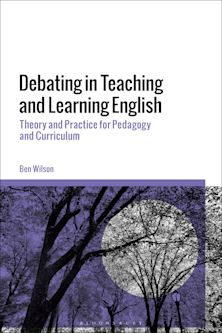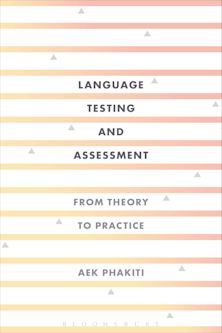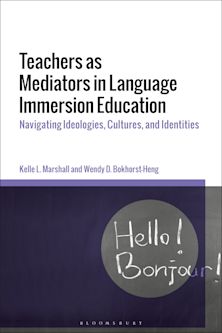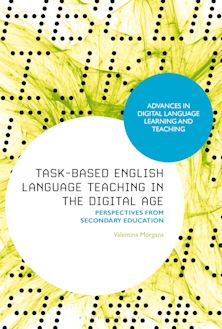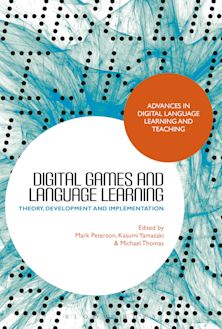- Home
- ACADEMIC
- Linguistics
- Second Language Acquisition
- Second Language Identities
This product is usually dispatched within 2-4 weeks
- Delivery and returns info
-
Flat rate of $10.00 for shipping anywhere in Australia
You must sign in to add this item to your wishlist. Please sign in or create an account
Description
It then examines how in early SLA research focussing on affective variables, identity was an issue, lurking in the wings but not coming to the surface. Moving to the present, the book then examines in detail and critiques recent research focussing on identity in three distinct second language learning contexts. These contexts are: (1) adult migration, (2) foreign language classrooms and (3) study abroad programmes. The book concludes with suggestions for future research focussing on identity in second language learning.
Table of Contents
1. Identity in the social sciences today
2. Waking the dead: Identity in early second language learning research
3. Identity in adult migrant contexts
4. Identity in foreign language contexts
5. Identity in study abroad contexts
6. Second language identities: the state of play and future directions.
Product details
| Published | 06 Jan 2007 |
|---|---|
| Format | Hardback |
| Edition | 1st |
| Extent | 240 |
| ISBN | 9780826474063 |
| Imprint | Continuum |
| Dimensions | 234 x 156 mm |
| Publisher | Bloomsbury Publishing |
About the contributors
Reviews
-
"Second Language Identities is a remarkable book that traces research interest in second language identities from the 1960's to the present. Drawing on a wide range of social science theory, David Block brings an insightful analysis to seminal studies of adult migrants, foreign language learners, and study abroad students. A timely work that makes an outstanding contribution to a burgeoning field of inquiry." - Bonny Norton, Professor and Distinguished University Scholar, University of British Columbia, Canada.
-
David Block provides a concise and readable survey... the book is clearly written and well-structured throughout, with the key arguments summarised concisely at the end of each chapter, a comprehensive index and an admirably short and clear list of abbreviations. It would certainly be of use to dip into on ESOL teacher training courses and for anyone interested in the wider aspects of language learning.
Mary Simpson, Language Issues
-
[Block] gives us an overview of how research on second language acquisition has indirectly explored issues related to identity, but never concentrated on how it directly relates to second language acquisition until more recently. Precisely, this is the gap that Block fills with Second Language Identities and its main contribution: identity as the center stage in second language acquisition in contexts such as study abroad programs, adult migration, and foreign language classrooms.
Michelle F. Ramos, California State University, San Marcos, The Modern Language Journal

ONLINE RESOURCES
Bloomsbury Collections
This book is available on Bloomsbury Collections where your library has access.















